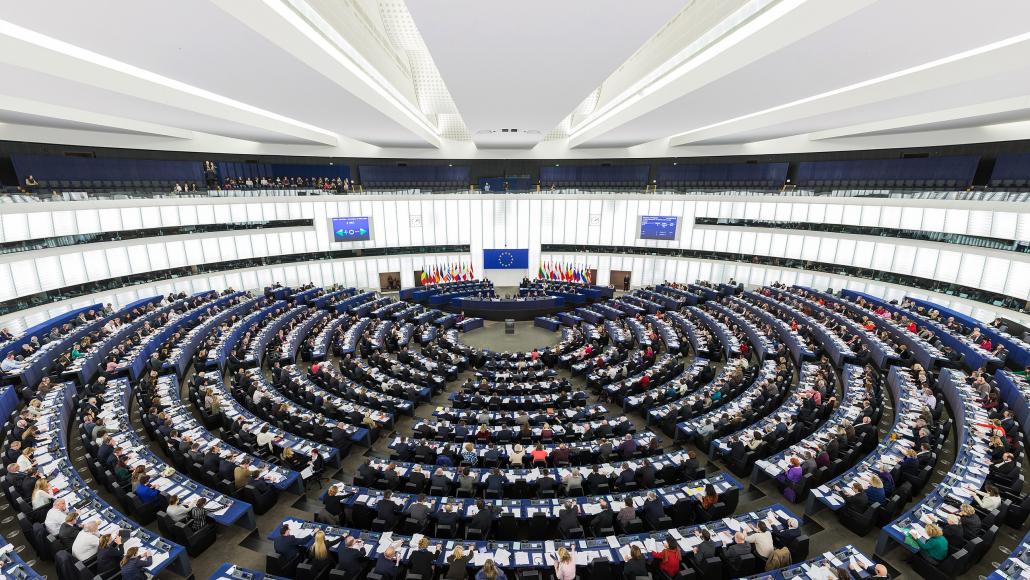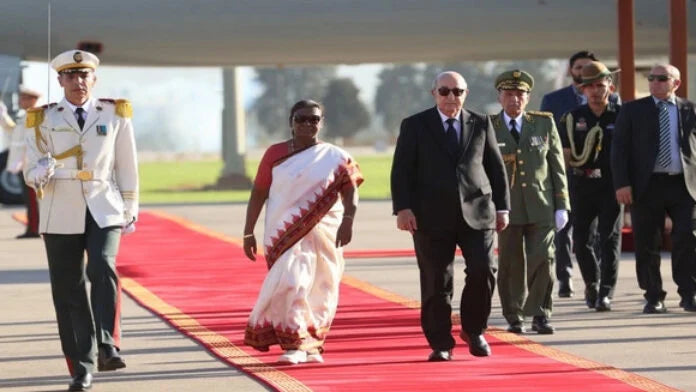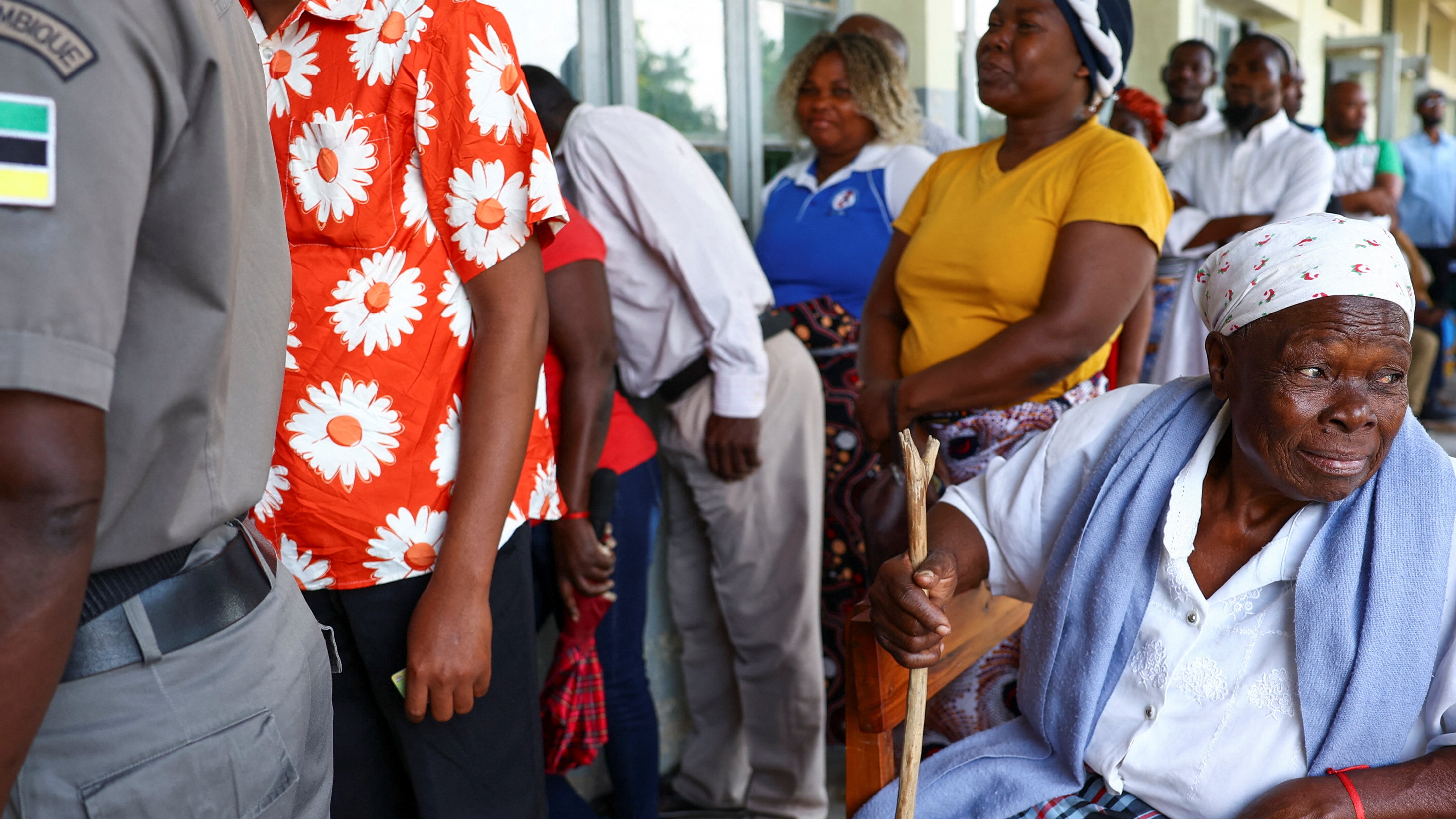
European Parliament debates Sudan conflict, calls for civilian transition
On 9 October 2024, the European Parliament met to discuss the ongoing conflict in Sudan and reiterated its call for a transition to civilian rule. Since April 2023, Sudan has been embroiled in a bloody civil war between the Sudanese Armed Forces (SAF) and the Rapid Support Forces (RSF). The conflict has left thousands dead and displaced millions, plunging the country into chaos. The European Union, through its Parliament, has expressed its concern at the worsening humanitarian situation and the lack of progress towards a political solution.
A protracted conflict and an unprecedented humanitarian crisis
The situation in Sudan is critical. Despite international diplomatic efforts, the conflict between the two rival military factions shows no signs of abating. The cities of Khartoum, Omdurman and Darfur are ravaged by the fighting, and the civilian population is being held hostage by indiscriminate violence.
The fighting has destroyed much of the country’s infrastructure, making access to basic services such as water, electricity and medical care nearly impossible. According to the United Nations, more than 5 million people have been internally displaced, while nearly a million others have fled to neighbouring countries. Living conditions for the displaced are precarious, compounded by food shortages and rising disease. This dire humanitarian situation requires urgent intervention by the international community.
The European Parliament has underlined this urgency, calling for immediate access for humanitarian aid and denouncing systematic human rights violations perpetrated by the warring parties. Reports document massacres, sexual violence and arbitrary arrests on a large scale. The European Union, through its parliamentarians, condemns these acts and urges the parties to the conflict to respect international humanitarian law.
A call for an inclusive political transition
Beyond humanitarian concerns, the European Parliament stressed the need to establish a political transition that would allow a return to stability in Sudan. The parliamentarians reaffirmed their support for a transition to a civilian government, the only way to pull the country out of the military quagmire and restore lasting peace.
In 2019, after the fall of dictator Omar al-Bashir, a fragile civilian transition was initiated, but it was abruptly interrupted by a military coup in October 2021, plunging the country back into instability. For the European Union, this step backwards is unacceptable. An inclusive political solution, which integrates all the country's vital forces, including civil society groups and youth movements that had been at the forefront of the 2019 popular uprising, is imperative.
The European Parliament also called for an intensification of targeted sanctions against those responsible for the military conflict, as well as increased diplomatic efforts by the United Nations, the African Union and countries in the region to put pressure on the warring parties and facilitate political dialogue.
Challenges of the international community
The role of the international community, and in particular the European Union, is fundamental in resolving the Sudanese conflict. However, the EU faces considerable challenges. Growing instability in the region, with the crisis in neighbouring Chad and insecurity in Libya, complicates efforts to establish a ceasefire and launch peace negotiations. Moreover, funding for humanitarian operations is limited, despite appeals for help from UN agencies.
Faced with this dilemma, the European Parliament called on Member States to increase their financial support for humanitarian initiatives in Sudan and to cooperate with African partners to find a lasting solution. It also stressed that without coordinated international action, the conflict could spread and destabilise the entire region.



Leave a comment
This site is protected by hCaptcha and the hCaptcha Privacy Policy and Terms of Service apply.